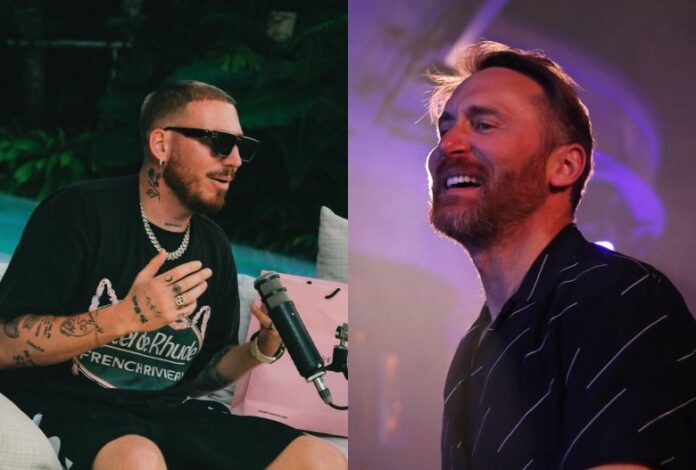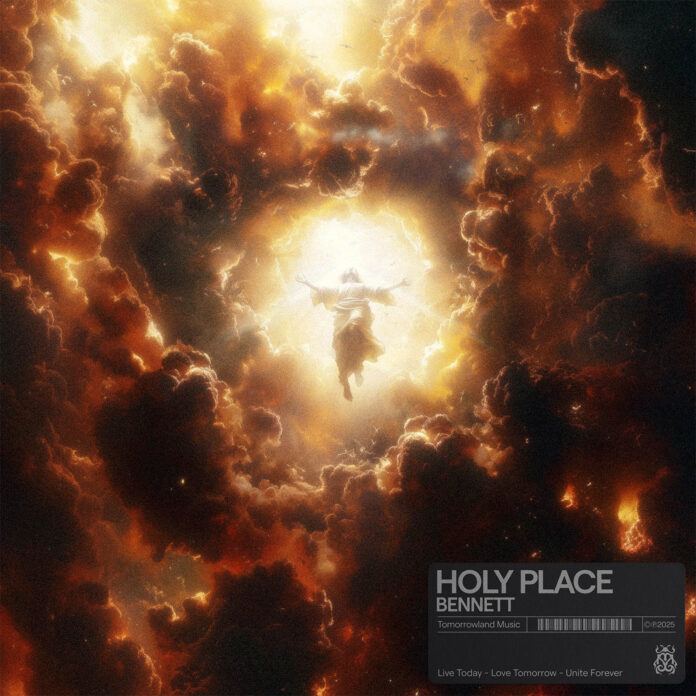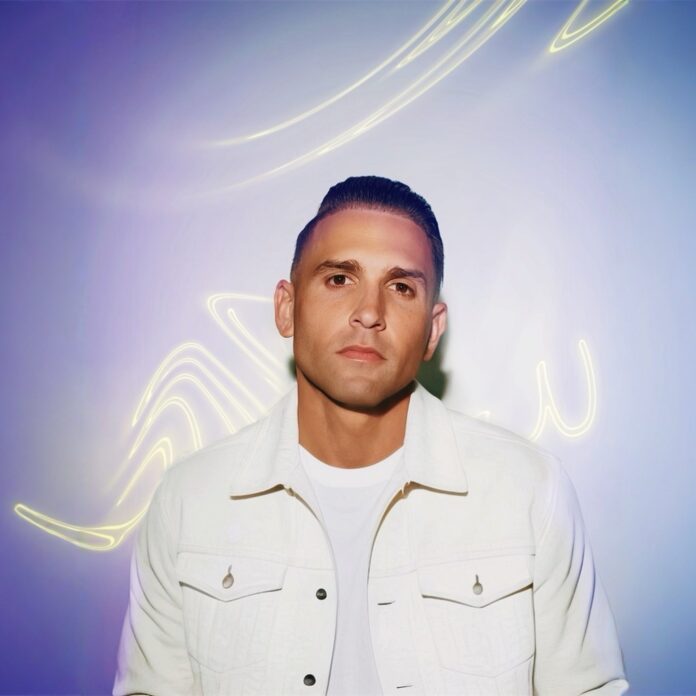Parody is a genre with a long and storied history stretching back to the earliest literature and theater. However, sometimes a parody can become so popular that it breaks away from the work or genre it is skewering and becomes a great story in its own right. One-Punch Man is one such example. The Shonen Jump series quickly generated its own dedicated fanbase who come for the original story rather than just the playful probing of the shonen genre. Right now, another, newer Shonen Jump title, Mashle: Magic and Muscles, is making waves in the manga community for its unique parody of the Harry Potter series, but could it become as big as One-Punch Man?
Mashle follows a young man called Mash Burnedead. Mash does not have magic powers, forcing him and his adopted grandfather to live in secrecy lest they're attacked by the magic-having majority. Mash learns that if he gets the title of Divine Visionary, he can live a nice and quiet life. However, the title of Divine Visionary is only given to those who do well at Easton Magic Academy, a school for the magical community's elite. Due to his lack of magic, Mash develops a strong body and heads to the Academy. While there, he uses his muscles to overcome any problem that stands before him.
Obviously, this series has distinct similarities to One-Punch Man. Both Mash and Saitama are outsiders in their world -- Mash to the magical community and Saitama to the hero community. Both characters overcome these unfair hierarchies by using their ludicrous strength, often solving seemingly impossible problems with a single punch or feat of muscular strength.
However, Mashle approaches its parody in a very different way to One-Punch Man. One-Punch Man is a very general parody of action and shonen tropes, featuring shout-outs and nods to many other shows including, Dragon Ball, Kamen Rider and Hunter X Hunter. However, despite the large number of parodies featured, One-Punch Man is still set in its own distinct universe. Mashle is a direct parody of the Harry Potter series and only the Harry Potter series. In fact, while there are some changes, it is unmistakebly clear that the world Mash is interacting with is meant to be the one found in J.K. Rowling's works.
Also, while One-Punch Man feels like an affectionate parody of the genre, Mashle feels much more aggressive. It constantly mocks Harry Potter's world-building while also drawing attention to the adverse tropes that act as the world's foundation, from its overly rigid class system to the discriminatory nature of Hogwarts. Mashle feels like it's using Mash to show us the dark side of Rowling's world, while One-Punch Man feels like a tongue-in-cheek mockery of an entire genre's more common and over-the-top elements.
Interestingly, both Mashle and One-Punch Man share a similar art style. During One-Punch Man's original run as a webcomic, it had a simple art style that featured many goofy facial expressions that quickly ascended to meme status. Mashle uses a similar simple style, complete with many silly facial expressions. However, it should be noted that eventually, artist Yusuke Murata took over the art for One-Punch Man, leading to it developing a much more elaborate style.
One big difference between Mashle and One-Punch Man is how they handle their world-building. One-Punch Man does a lot to establish its world as a separate entity. Even characters who are clear references to other media get backstories and focus time that lets audiences understand the joke, even if they're unfamiliar with its origin.
Mashle does very little world-building. Because of this, audiences who don't know Harry Potter will likely find that they miss many of the jokes. While this doesn't make the series impossible to get into, it does make it a lot less accessible than One-Punch Man. It also means that Mashle feels like it has a lot less depth than One-Punch Man. It totally relies on the audience drawing comparisons with the Harry Potter franchise rather than placing the parody in its own fleshed-out world that draws from Harry Potter's setting.
Mashle and One-Punch Man do have many similarities on the surface. However, when you take a closer look, both series take a very different approach to parody. While One-Punch Man is a more general and affectionate parody, Mashle is a more focused one that feels much shallower. However, Mashle has only been running for just over a year, meaning it has plenty of time to flesh out its world and develop lore and story as it progresses, so perhaps readers who enjoy One-Punch Man and are after something on its level should continue to watch this space.
About The Author

